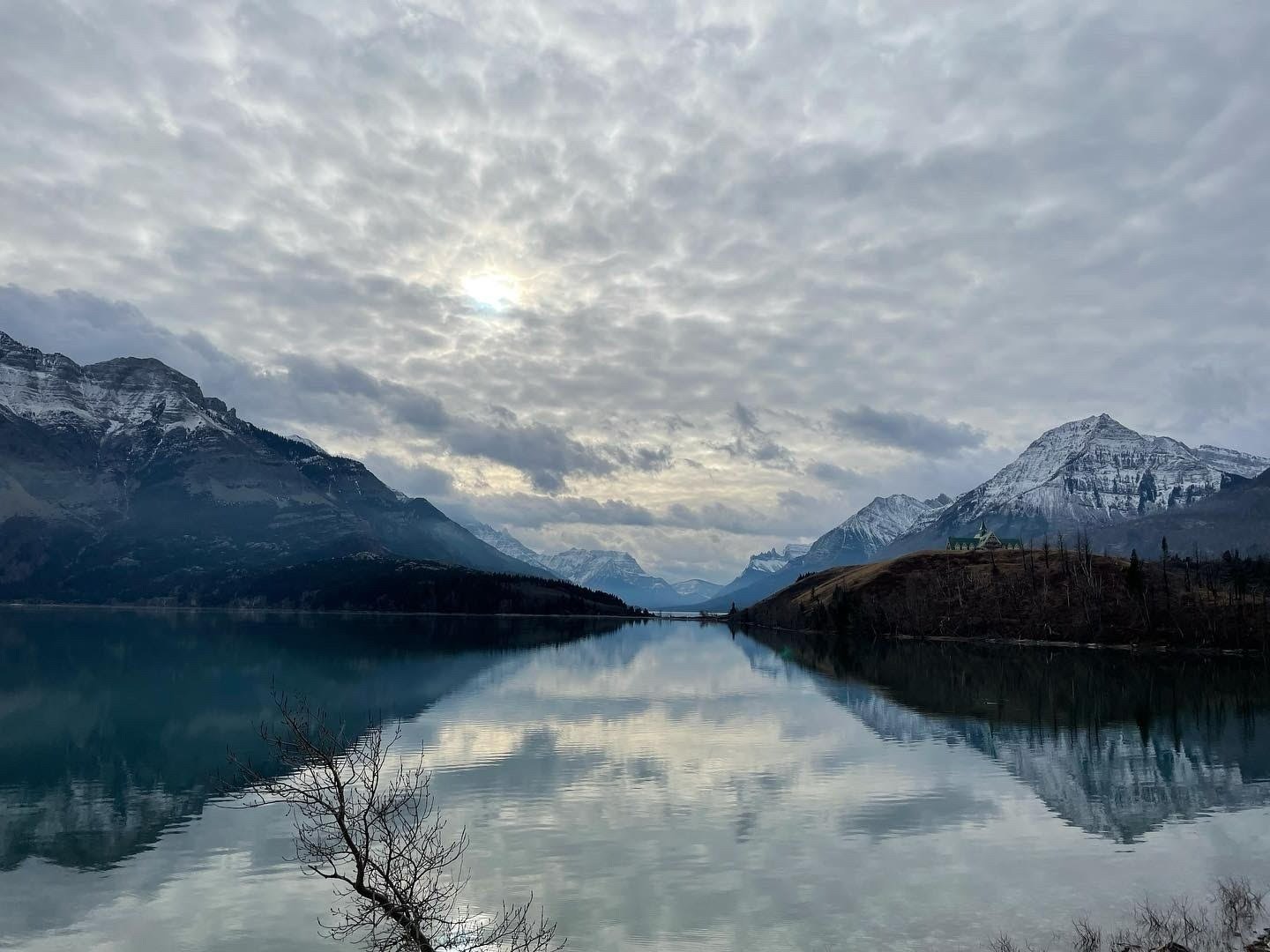
“There is no more important interpreter of how to envision thriving life with the living planet than Norman Wirzba. [He] writes in ways that bring the religious and the nonreligious, the Christian and non-Christian into a shared perception of the problems and possibilities of healthy creaturely life.”
— Willie James Jennings, Yale University
This Sacred Life:
Humanity’s Place in a Wounded World
the question of the value and purpose of human life has become urgent
In a time of climate change, environmental degradation, and social injustice, the question of the value and purpose of human life has become urgent. What are the grounds for hope in a wounded world? This Sacred Life gives a deep philosophical and religious articulation of humanity's identity and vocation by rooting people in a symbiotic, meshwork world that is saturated with sacred gifts. The benefits of artificial intelligence and genetic enhancement notwithstanding, Norman Wirzba shows how an account of humans as interdependent and vulnerable creatures orients people to be a creative, healing presence in a world punctuated by wounds. He argues that the commodification of places and creatures needs to be resisted so that all life can be cherished and celebrated. Humanity's fundamental vocation is to bear witness to God's love for creaturely life, and to commit to the construction of a hospitable and beautiful world…
Norman Wirzba is Gilbert T. Rowe Distinguished Professor of Christian Theology & Senior Fellow at the Kenan Institute of Ethics at Duke University.
His research and teaching interests are at the intersections of theology, philosophy, ecology, and agrarian and environmental studies. Raised on a farm in Southern Alberta, Norman went on to study history at the University of Lethbridge, theology at Yale University Divinity School, and philosophy at Loyola University Chicago. Since then he has taught at Saint Thomas More College/University of Saskatchewan, Georgetown College (KY), and Duke University Divinity School. He’s the father of four children and is married to Gretchen Ziegenhals. He likes to bake, cook and make things with wood. He also enjoys playing the guitar. He used to be a good athlete! He enjoys being outdoors and spending time with his family and friends. He tries to grow some food.

Praise for This Sacred Life
“This Sacred Life answers an urgent question: What do theology and religion have to offer in healing the wounds inflicted on this living planet by an unbridled and ravenous capitalism? What is the point of human existence in an Anthropocene world? Wirzba's judicious and thoughtful reflections on the human situation today draw creatively on Christian, Jewish, and indigenous traditions while being always in conversation with a wide range of thinkers, both past and contemporary, on questions concerning capitalism, colonial domination, race, gender, and sexuality. The result is a book that successfully lays the groundwork for an ethic of caring for the earth and the various forms of creaturely life that inhabit it. A must-read for all students of the Anthropocene.”
— Dipesh Chakrabarty, Lawrence A. Kimpton Distinguished Service Professor of History,
South Asian Languages and Civilizations, and the College, University of Chicago.
“How can we live with hope in the midst of a deeply wounded world? In prose as lucid in style as it is illuminating in content, Norman Wirzba’s This Sacred Life builds a patient, forceful and elegant case that knowing where we are is crucial to understanding both who we are as human beings and how we are to live in ways that nourish our own being together with that of the world that sustains us. Drawing on biology, ecology, anthropology, economics and psychology as well as theology to show how our lives are densely interwoven with the well-being of soil, air and water, he provides an arresting vision of the gift such a rooted and entangled life can be.”
— Ian A. McFarland, Robert W. Woodruff Professor of Theology,
Candler School of Theology,
& Quondam Regius Professor of Divinity, University of Cambridge

In a world where most every place and creature has been commodified,
it has never been more important to recover a sense for the sanctity of life.
We live by means of sacred gifts.
Humanity’s fundamental task is to learn to
receive, share, and celebrate
these gifts with others.
In this prospect lies the healing of
our communities and lands.





















